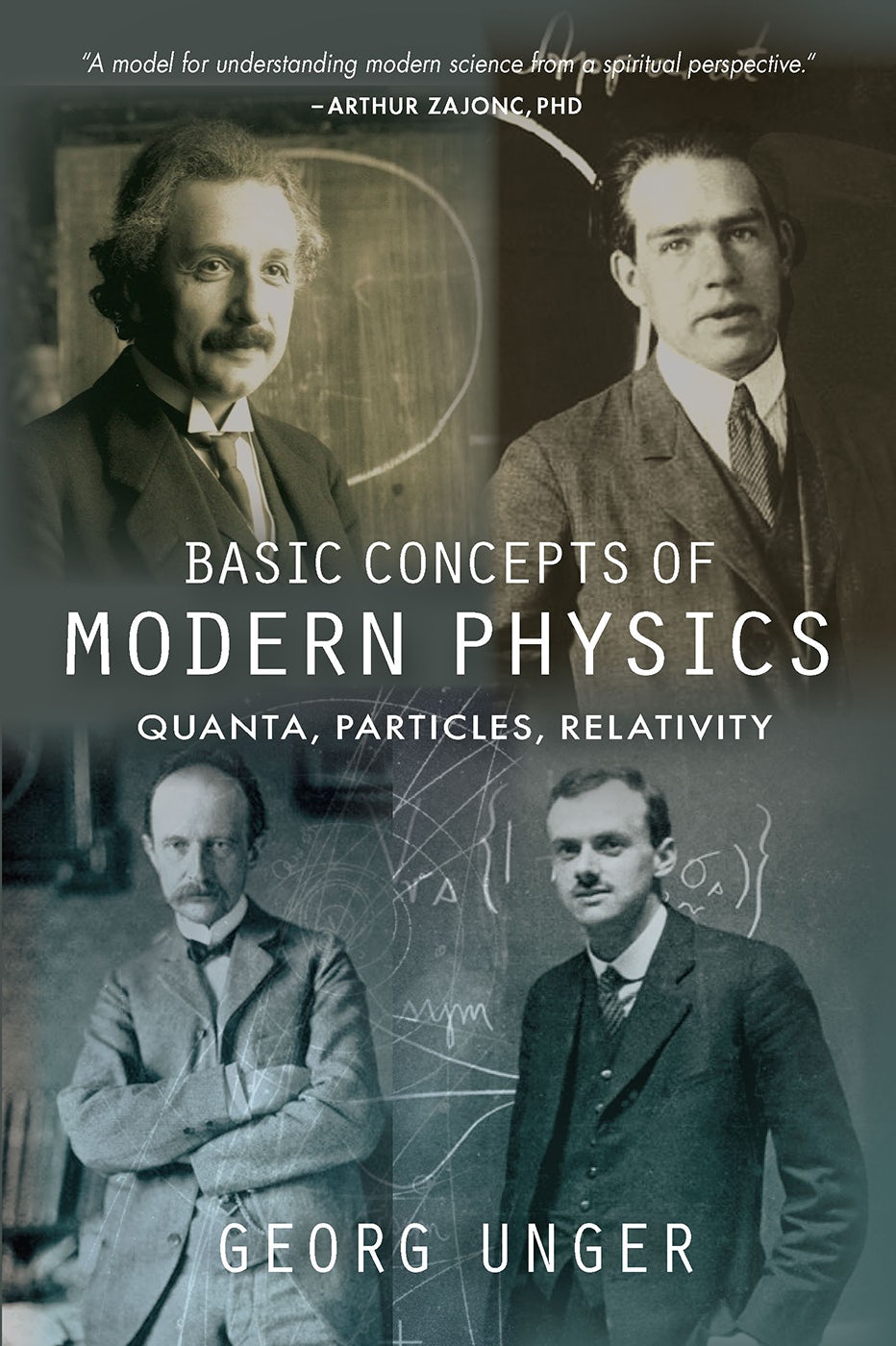Basic Concepts of Modern Physics
Basic Concepts of Modern Physics
Couldn't load pickup availability
Login to avoid duplicate purchases for digital products.
Basic Concepts of Modern Physics is an essential introduction for all those who are interested in gaining a better understanding of modern physics. In this unique text, Georg Unger provides clear descriptions of the conceptual bases of twentieth-century physics, including quantum mechanics, particles, and relativity theory, as well as other aspects relating to key physical concepts to phenomena.
Recognizing that quantum mechanical phenomena occur at a boundary between the experienced world and a concurrent world of “subnature” that is not perceptible to the senses, Dr. Unger provides a radical, non-reductionist concept of modern physics that is open to spiritual understanding.
“We should go into a short contemplation of certain habits of thinking and ask: What expresses itself in this adherence to the nineteenth-century idea of matter? To say it radically—and thereby naturally be open to misunderstanding—it is a weakness of thinking characteristic of our times.” — Georg UngerThis book is a translation from German of Grundbegriffe der modernen Physik Quanten, Teilchen, Relativität: Vom Bilden physikalischer Begriffe – Teil III (Verlag Freies Geistesleben, 1967). An earlier English edition was published as Forming Concepts in Physics (Parker Courtney Press, 1995). COVER MAGES: Albert Einstein (1879–1955) in1921, by Ferdinand Schmutzer; Neils Bohr (1885–1962) in 1925, by Bettmann; Paul Dirac (1902–1984) by Emilio Segrè, Visual Archives, W. F. Meggers Gallery of Nobel Laureates Collection, American Institute of Physics, College Park, MD; Max Planck (1858–1947), Bundesarchiv, Koblenz, Germany.
Share


